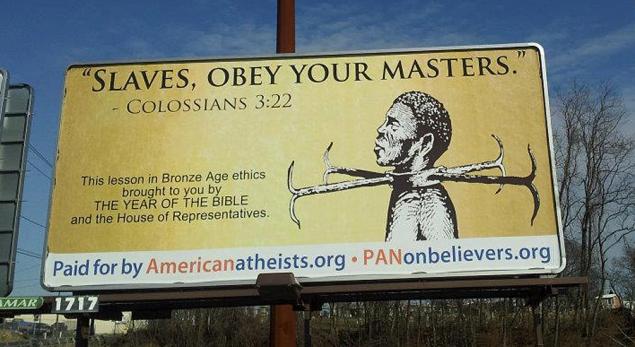
TeroVesalainen / Pixabay
Everybody asks big questions at some time or another.
Questions like “Who am I?” “Why am I here?” “Why is there suffering and death?” “Why bother?”
Human beings ask a lot of questions and we are strongly compelled to answer them. We cannot live without seeking answers. Seeking answers to questions asked of the material world is at the core of our sciences. But we also ask questions beyond the material using human reason. Asking questions and compulsion to seek answers and meaning is foundational to being human.
Luigi Giussani says that if we have a hundred questions and answer ninety-nine of them, the one we can’t answer drives us crazy. And the thing about the so-called “big questions,” they are not answerable. Hamlet quite correctly says,
“There are more things, Horatio, than are dreamt of in our philosophies.”
As we seek answers to our questions, we come to the conclusion that we can’t answer all of our questions. This is a tough situation for us. On the one hand, we have an insatiable desire to understand and on the other hand, we are limited to what we can know. The tension created by the disparity between our ideals and our actualities suggests the existence of a source of ultimate fulfillment.
C. S. Lewis says in Mere Christianity
Creatures are not born with desires unless satisfaction for these desires exists. A baby feels hunger; well, there is such a thing as food. A duckling wants to swim; well, there is such a thing as water. Men feel sexual desire; well, there is such a thing as sex. If I find in myself a desire which no experience in this world can satisfy, the most probable explanation is that I was made for another world.
This from Blaise Pascal in Pensées VII
What else does this craving, and this helplessness, proclaim but that there was once in man a true happiness, of which all that now remains is the empty print and trace? This he tries in vain to fill with everything around him, seeking in things that are not there the help he cannot find in those that are, though none can help, since this infinite abyss can be filled only with an infinite and immutable object; in other words by God himself.
According to Lewis and Pascal, the big questions, which seem to be foundational to human consciousness, affirm the existence of an Ultimate. We cannot answer the big questions, yet we crave and even expect an answer. This expectation suggests that there must be an Other from which we crave the affirmation of our existence that an answer would give.
Giussani says that our inability to answer these questions leaves us sad, but to deny the possibility of an answer is to disconnect man from himself because the desire for answers is structural–foundational to being human. To deny the possibility of an answer is to declare everything meaningless–this leads to the opposite of sadness–despair. As Macbeth says, it would be as if life is
“a tale told by an idiot, full of sound and fury, signifying nothing.”
There must be an answer, and a human being cannot live without seeking that answer. Giussani says that a human being can’t live five minutes without affirming “the existence of a ‘something’ which deep down makes living those five minutes worthwhile” (57).
The disparity between our questions and our inability to answer them leaves us sad. Denying the possibility of an answer leads us to despair.







